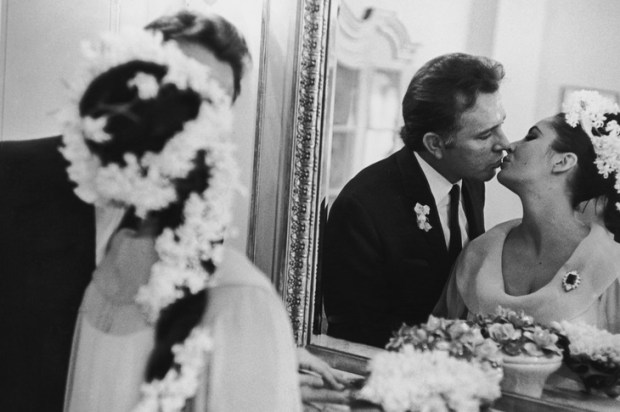Michael Kirby’s anxiety to see same-sex marriage quickly legalised by parliament reveals a pessimistic view of democracy and the capacity of Australians to make sound judgments about their government and their constitution. This is alarming, but perhaps not surprising, in a former High Court judge.
Some might argue, however, that the people have shown better judgment in rejecting many constitutional changes than judges have shown in making them. Yet he clearly believes Australians are incapable of sensibly handling a referendum because they are prone to “hatreds and animosities”.
Nevertheless one would agree with him in rejecting a plebiscite on same-sex marriage; but for different reasons.
A decision on legalising same-sex marriage is a nation-changing issue, and therefore one of constitutional stature that justifies resort to a constitutional referendum to determine once and for all the legality or otherwise of same sex marriage.
A plebiscite is totally inappropriate, and would settle nothing. The claim that a referendum is too expensive is a red herring – especially against the background of loose federal expenditure for lesser reasons.
But why a referendum? The brief answer is: “Because the High Court made a doubtful (some legal experts would simply say ‘unjustified’) decision in interpreting the meaning of the word ‘Marriage’ in the constitution”. The court decided that the word “marriage” includes same-sex marriages.
This interpretation is quite contrary to the long-held conviction that ‘marriage’ in the constitution reflected the common law understanding that marriage meant: “The union of a man and a woman to the exclusion of all others, voluntarily entered into for life.”
Ironically, Mr Kirby’s insistence that the parliament should deal with the issue as soon as possible without plebiscite or referendum, because the parliament is there to make the law, sits uneasily with the fact that just 12 years ago parliament amended the Marriage Act 1961 to confirm the meaning of marriage as between a man and a woman exactly as expressed here in the paragraph above.
Barry Maley is a Senior Fellow with the Centre for Independent Studies
Got something to add? Join the discussion and comment below.
Get 10 issues for just $10
Subscribe to The Spectator Australia today for the next 10 magazine issues, plus full online access, for just $10.

























Comments
Don't miss out
Join the conversation with other Spectator Australia readers. Subscribe to leave a comment.
SUBSCRIBEAlready a subscriber? Log in